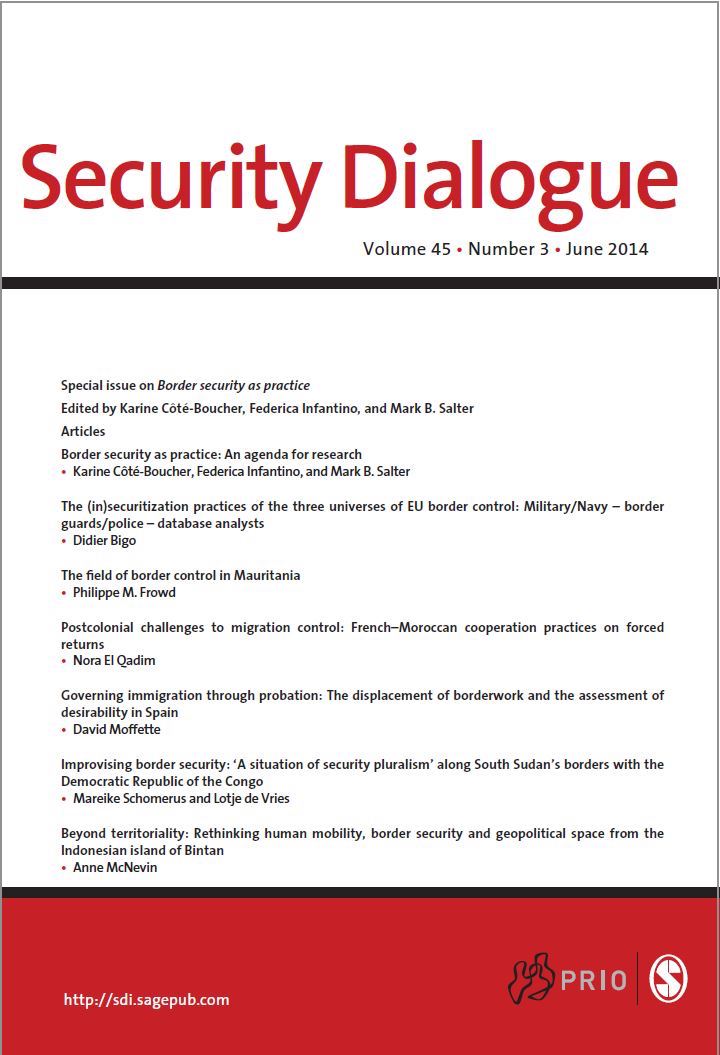
‘Security’ is a uniquely rich object for critique. It rests on a long and noble conceptual history in Western thought. And yet the provision of security most often consists of a shoring up, through the discourses of nationality, ethnicity, political economy or even science, of what is assumed to be solid at its core but weakened through the contingencies of politics, society, ideology, and so on. The article argues that the critical force of critique stems from the fact that critique itself is a practice inescapably bound up with insecurity, and thus that the critique of security exercised since around 1997 as ‘critical security studies’ is self-replicating. By introducing concepts from Husserlian phenomenology, it attempts to show that insecurity is not a simple feature of an otherwise secure state of life, ripe for critical analysis that promises to expose its false premises. Rather, insecurity lies at the very foundation of critical thought. Building upon the bare and basic question, ‘What does it mean to mean?’, a phenomenology of security asks the straightforward question: ‘What is the security-ness of security?’ It permits one to ask what remains of security when all else is stripped away, what essential minimum must be retained in order for security to be security.
